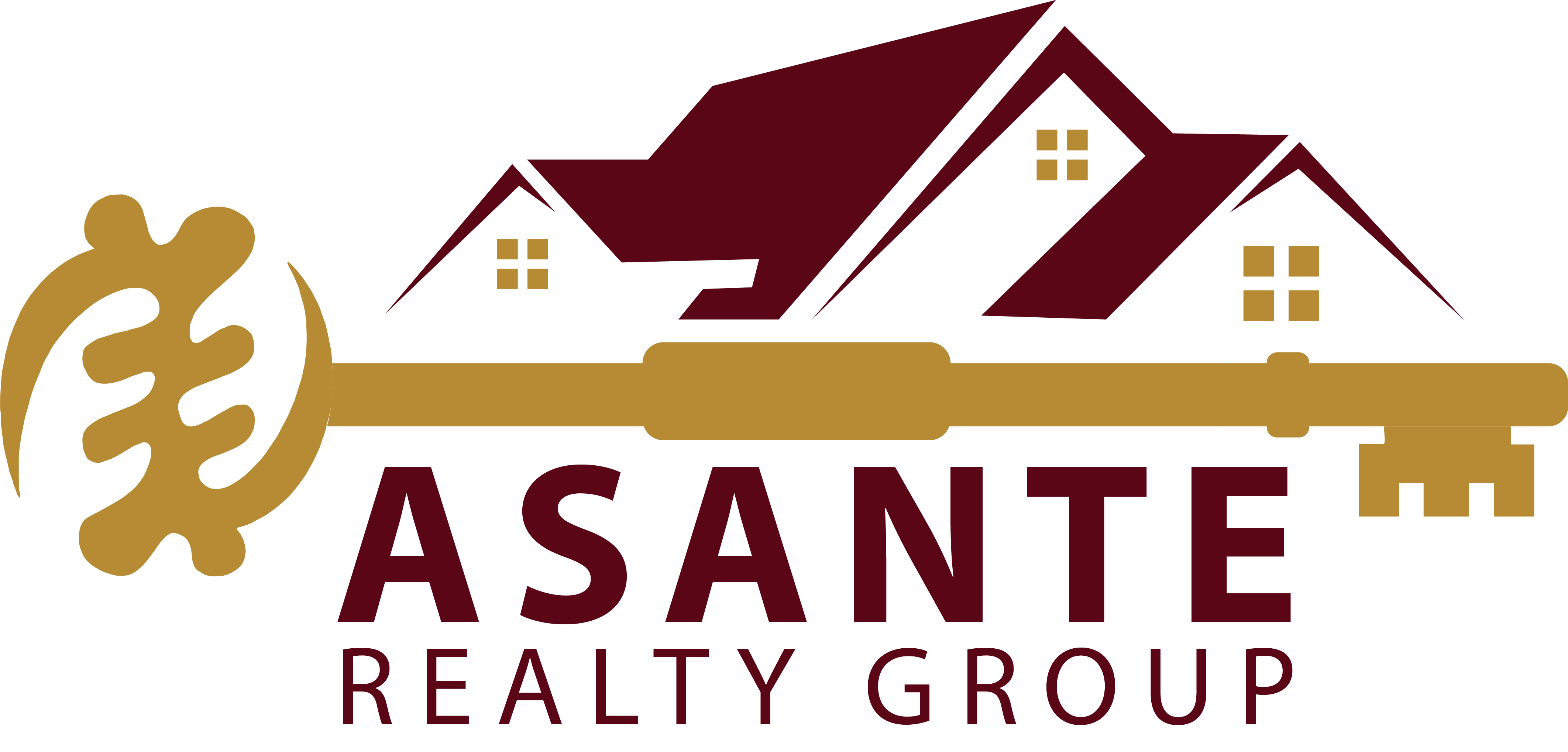PLEASE SEE THE FREQUENTLY ASKED QUESTIONS BELOW
How can we help you?
BUYING A HOME
How much home can I afford?
- The amount of home you can afford depends on several factors, including your income, debt-to-income ratio, credit score, and the amount you have saved for a down payment. We can connect you with our trusted mortgage lender who can help you get pre-approved and give you a clearer picture of your budget.
How soon can I own/sell a property?
- The timeline for owning a home can vary depending on several factors, such as market conditions, the availability of suitable properties, and the financing process. On average, once you find a home and your offer is accepted, it can take 30-60 days to close on the property. However, the time it takes to find the right home can vary greatly from person to person. I’ll work closely with you to understand your needs and help you find the perfect home as quickly as possible.
What types of loans are available to me?
There are several types of loans available for real estate investments:
- Conventional Loans: These are standard loans not insured by the federal government, often requiring a higher down payment and good credit.
- FHA Loans: Insured by the Federal Housing Administration, these are easier to qualify for with a lower down payment, but they have loan limits and require mortgage insurance.
- VA Loans: Available to veterans and active-duty service members, these loans offer no down payment and no mortgage insurance, but you must meet service requirements.
- USDA Loans: For rural properties, these loans offer no down payment and are backed by the U.S. Department of Agriculture.
- Portfolio Loans: Held by lenders on their own books, these can be more flexible in terms of requirements.
- Hard Money Loans: Short-term loans from private lenders, based on the property’s value rather than the borrower’s credit.
- Home Equity Loans/Lines of Credit: If you own a home, you can borrow against your equity for investment purposes.
We can introduce you to lenders who specialize in investment property financing to discuss your options further.
What are closing costs?
Closing costs are fees and expenses you’ll need to pay when finalizing the purchase of your home. They typically range from 2% to 5% of the purchase price. Some examples are:
- Loan origination fees: Charged by the lender for processing the loan.
- Appraisal fees: For having the home appraised to determine its value.
- Title insurance and search fees: To protect against claims on the property.
- Home inspection fees: For a professional inspection of the property.
- Property taxes: Prorated for the portion of the year you’ll own the home.
- Homeowners insurance: Paid upfront for the first year.
HOUSING MARKET
What documents are needed to buy/sell a home?
Buying a Home:
- Proof of Identity: Valid ID such as a driver’s license or passport.
- Proof of Income: Recent pay stubs, W-2 forms, or tax returns.
- Credit Report: The lender will pull your credit report.
- Bank Statements: To verify your assets and down payment funds.
- Pre-approval Letter: From your lender.
- Purchase Agreement: The contract between you and the seller.
- Home Inspection Report: Details the condition of the home.
- Appraisal Report: Conducted by the lender to determine the home’s value.
Selling a Home:
- Proof of Identity: Valid ID such as a driver’s license or passport.
- Deed: Shows your ownership of the property.
- Property Tax Information: Proof of your tax payments.
- Mortgage Statement: If you have an outstanding mortgage.
- Homeowners Insurance Information
- Disclosures: Any known issues with the property must be disclosed to the buyer.
We’ll guide you through the process and ensure you have all the necessary documents ready when the time comes. If you have any more questions or need further assistance, feel free to ask!
What is the current state of the real estate market?
- The real estate market can vary greatly depending on the location and other factors, but as of now, the market is [describe current market conditions: e.g., “very active,” “balanced,” “slowing down,” etc.]. Inventory levels, buyer demand, and economic conditions are all playing a role. We’re seeing [mention trends, such as “rising home prices,” “more competition among buyers,” “slower sales,” etc.]. We can provide more specific information about the market in your area if during market analysis
Is now a good time to buy/sell?
Whether now is a good time to buy or sell depends on your personal circumstances and goals. Currently, [provide a general market overview: e.g., “it’s a seller’s market, so it’s a great time to sell because prices are high and demand is strong,” or “interest rates are low, making it a good time to buy as financing is more affordable”]. I’d be happy to discuss your situation in more detail to help you make an informed decision
How long do homes typically stay on the market in this area?
- In New Jersey, the average time a home stays on the market can vary by location and price point. Generally, homes in desirable areas and in good condition can sell within [give a range, e.g., “30 to 60 days”]. However, some properties may sell much faster, especially if they’re competitively priced and in high demand areas. We can provide you with specific data for your neighborhood or the areas you’re interested in.
What are the current mortgage interest rates?
- Mortgage interest rates can fluctuate frequently based on economic conditions and monetary policy. As of now, rates are approximately [provide a current range, e.g., “3.5% to 4.5% for a 30-year fixed-rate mortgage”]. It’s important to check with a mortgage lender for the most up-to-date rates and to see what rates you qualify for based on your credit profile and financial situation. We can refer you to some reputable lenders if you need assistance.
- If you have any more questions or need further information, feel free to ask. I’m here to help you navigate the real estate market and make the best decision for your needs.
I’m interested in investing in Real Estate. How do I begin?
1. Define Your Investment Goals
Determine what you aim to achieve with your investment. Are you looking for rental income, long-term property appreciation, or perhaps flipping properties for a quick profit? Your goals will shape your investment strategy.
2. Assess Your Financial Situation
Evaluate your finances to understand your budget. Check your credit score, assess your savings for a down payment, and calculate your debt-to-income ratio. It’s also beneficial to get pre-approved for a mortgage to know how much you can afford.
3. Research the Market
Start researching potential markets for investment. Look for areas with strong rental demand, good schools, low crime rates, and potential for property value appreciation. Consider factors like employment growth and development plans in the area.
4. Work with our Team of Professionals
Investing in real estate often requires the expertise of several professionals:
- Real Estate Agent: Choose an agent experienced in investment properties.
- Mortgage Lender: A lender who can offer you the best financing options.
- Real Estate Attorney: To handle legal aspects of property transactions.
- Property Inspector: To ensure any property you consider is in good condition.
- Property Manager: If you plan to rent out your property and don’t want to manage it yourself.
HOW TO SELL YOUR HOME
I need to remodel my house before I sell. Who can I call?
- Absolutely, remodeling can significantly enhance your home’s appeal and value. We work closely with [llc] who are experts and offer solutions in every aspect of building construction [ ] long time collaborators
How do you determine the listing price for a home?
-
- To determine the listing price for your home, I perform a Comparative Market Analysis (CMA) which involves:
- Evaluating recent sales: Looking at similar homes that have sold in your area within the last 3-6 months.
- Assessing current listings: Analyzing homes currently on the market to understand your competition.
- Considering market conditions: Taking into account the current state of the market, including supply and demand, interest rates, and economic factors.
- Property condition: Assessing the condition and unique features of your home, including upgrades and renovations.
- Local knowledge: Using our expertise and understanding of the neighborhood and local market trends.
- To determine the listing price for your home, I perform a Comparative Market Analysis (CMA) which involves:
This analysis helps to set a competitive and realistic price that will attract buyers while maximizing your return.
What are your fees/commissions?
- Our commission is typically a percentage of the final sale price of the home. This percentage can vary, but it is often around 3-6%, which is split between the buyer’s agent and the seller’s agent. This commission covers all the services provided, from initial consultation to closing.
What marketing strategies will you use to sell my home?
- Professional Photography and Videography: High-quality images and virtual tours to showcase your home online.
- Staging Advice: Recommendations to make your home more appealing to buyers.
- Online Listings: Listing your property on major real estate websites (MLS, Zillow, Realtor.com, etc.) and social media platforms.
- Open Houses and Showings: Organizing open houses and private showings to attract potential buyers.
- Email Campaigns: Targeted email campaigns to reach potential buyers and other real estate agents.
- Networking: Leveraging our network of contacts and other agents to spread the word about your property.


